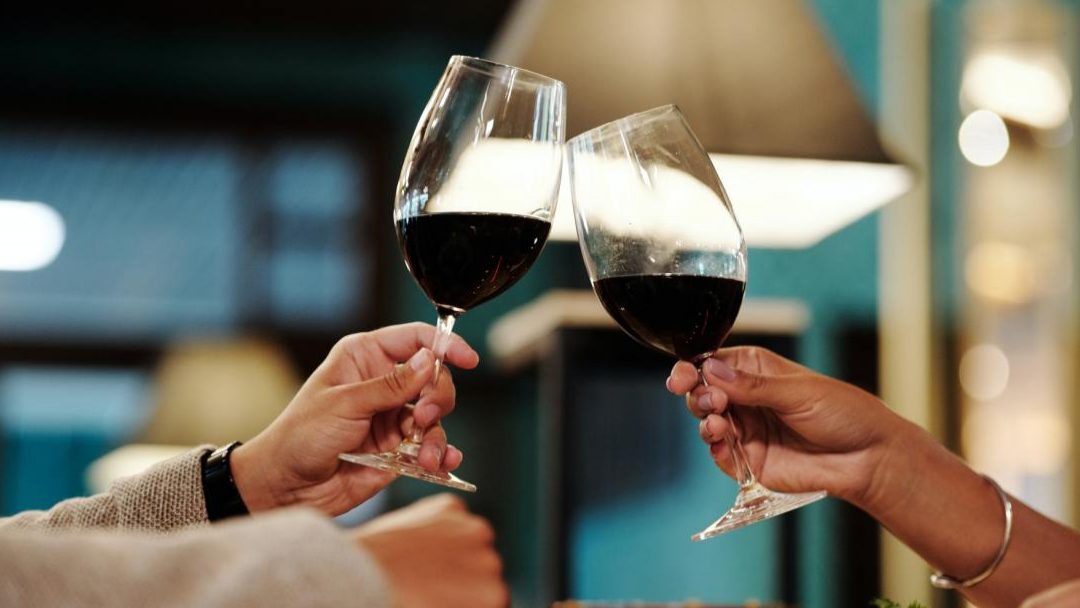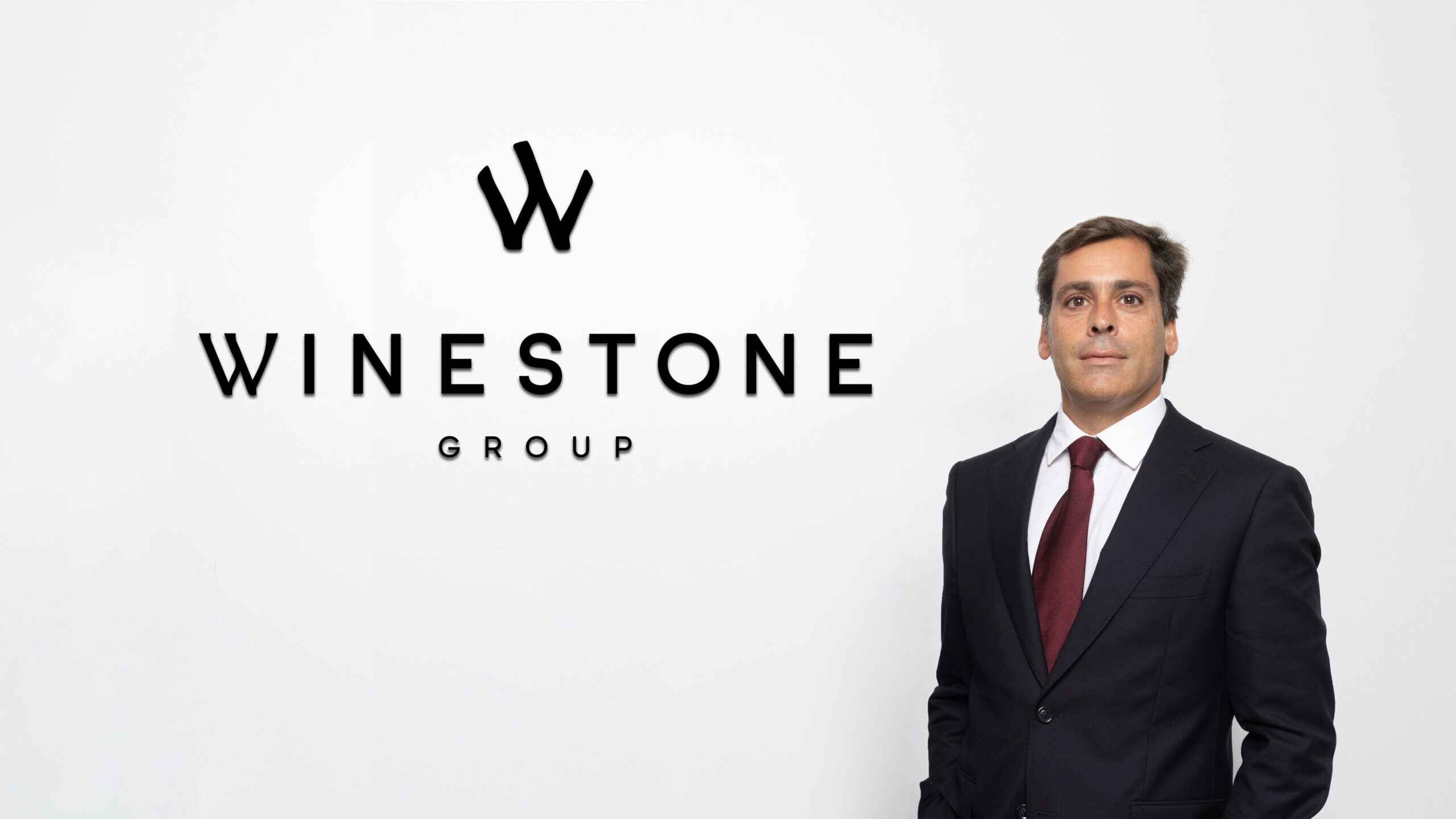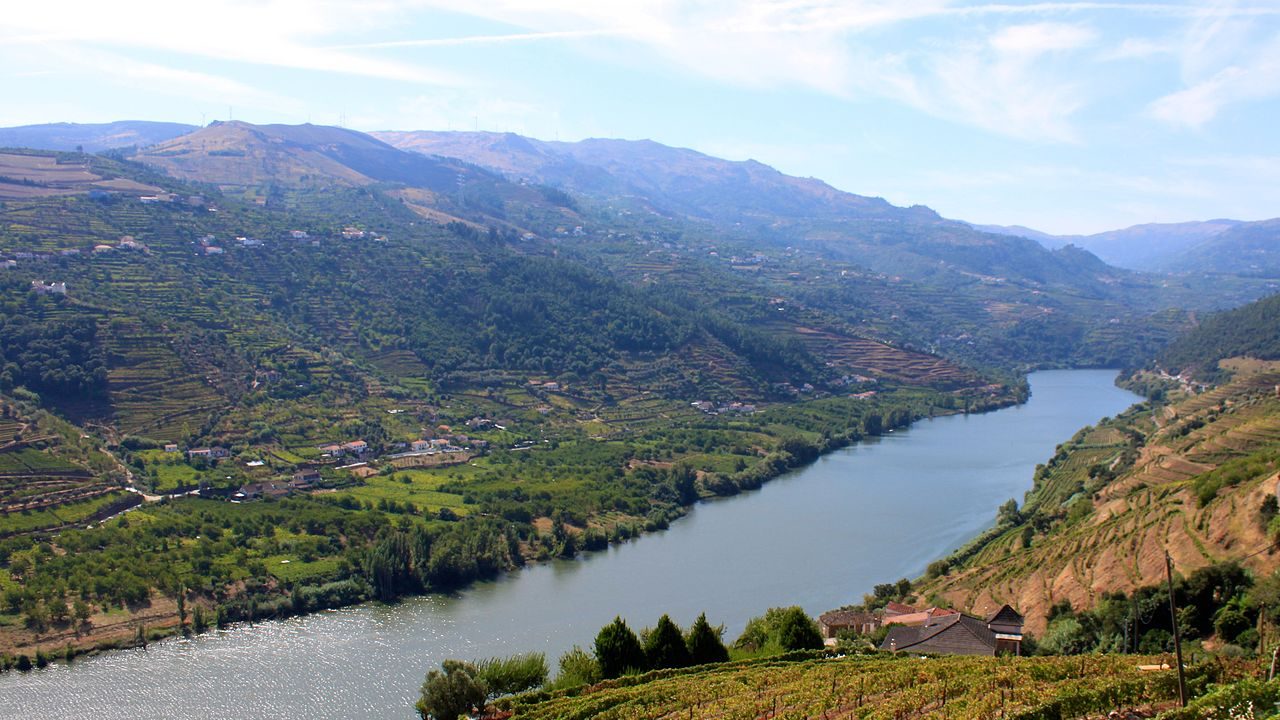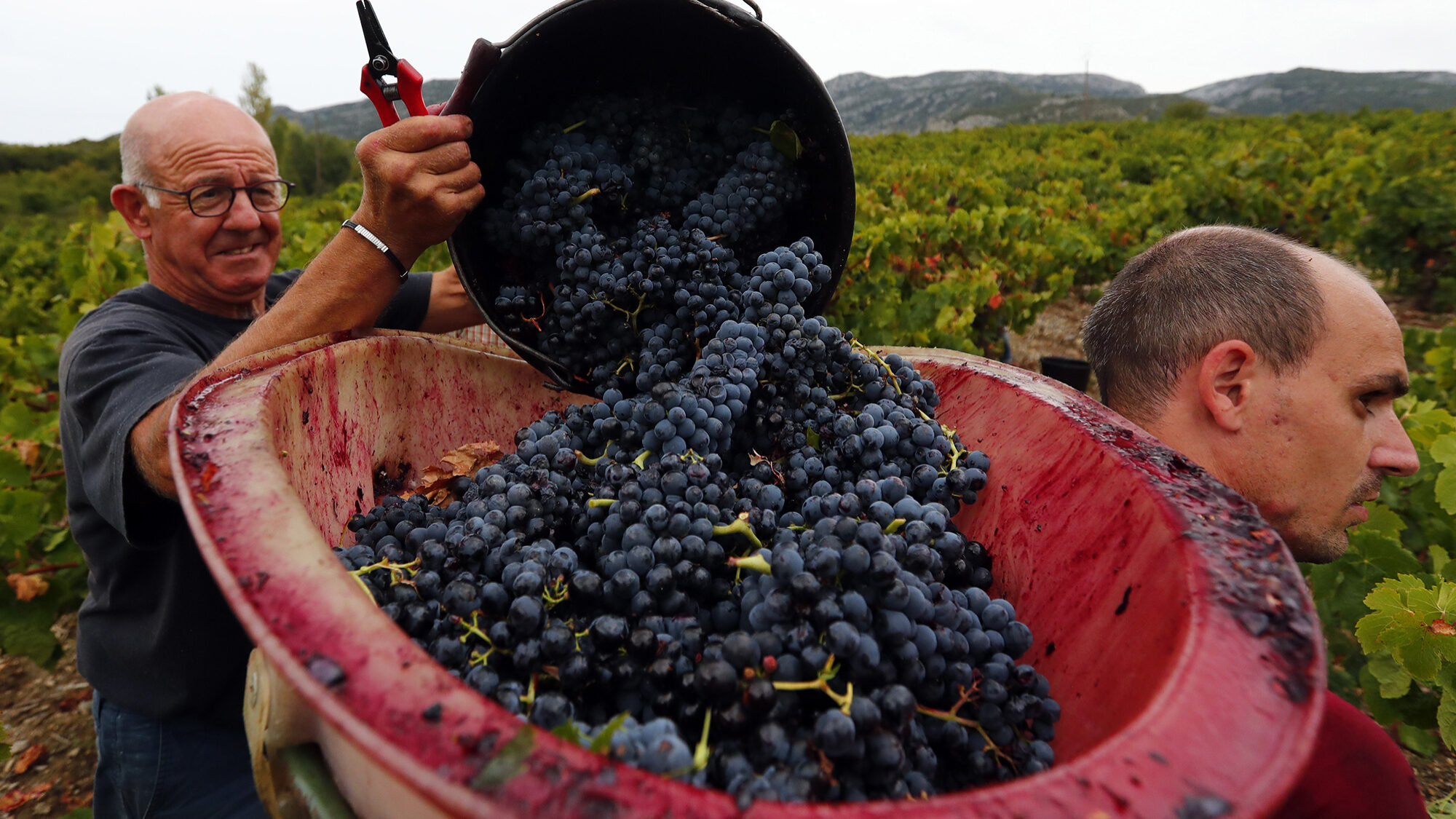Wine sector anticipates “darkest harvest ever”. Government prepares measures
The government says it's preparing solutions for the Douro region, one of the worst affected. Entrepreneurs regret that "nothing has been done" in the face of an announced crisis.
The wine sector is anticipating the “darkest harvest ever”. Excess stock, grapes with no destination, rising costs, low pay for viticulturists and changes in consumption patterns are all seen as signs of a “perfect storm”.
“The 2024 harvest was one of the most dramatic in the history of Portuguese winemaking”, says Anceve, the Portuguese Association of Traders and Exporters of Wines and Spirits, pointing out that “many winemakers left their grapes unharvested, either because they couldn’t find buyers or because the price they were offered implied too great a loss and didn’t compensate them for their work after a year’s investment in the vineyards”.
This year the crisis will continue, with the association led by Paulo Amorim anticipating that the “2025 harvest will most likely be even more dramatic than last year’s, as will the notifications to winegrowers from traditional buyers, announcing that they will not be taking their grapes this year”.
Frederico Falcão, president of ViniPortugal, corroborates this idea and emphasises to ECO that the Douro region, in particular, “is going to have a very difficult harvest”, explaining that “there are a lot of stocks and, as a result, part of the grapes, which could be significant, will not have a buyer”.
Although it buys “few grapes” because it has 220 hectares of its own vineyards, Quinta do Crasto will “remain faithful to the producers who sell the grapes without changing the prices”, emphasising that “it’s likely that they won’t need all the grapes they’re going to buy, but it’s an obligation to maintain relations”.
Tomás Roquette, leader of this company that produces 1.3 million bottles a year, employs 100 people and has a turnover of 10.5 million euros, predicts that later this year or after the harvest, viticulturists will “abandon the vineyards” and “throw in the towel”.
Last year, wine producers faced a “perfect storm” before the harvest. Tomás Roquette regrets that a year later “nothing has been done” and wonders what “has changed so that this year isn’t even more serious”.
The director of the historic Douro company emphasises that the government must invest in promoting Portuguese wines. “To solve a large part of the problem, the region has to sell much more than it does, at a better price (…) Portugal has to steal quota from other world producers”, he emphasises.
Like Quinta do Crasto, Sogrape, which buys grapes and wine from around 2,100 Portuguese winegrowers, “is committed to buying an equivalent quantity this year to last year”. The executive director responsible for operations in Portugal, Miguel Pessanha, assures ECO that “it will not be laying off any farmers during this year’s harvest, thus reaffirming its commitment to winegrowers”.
The owner of the Mateus Rosé, Barca Velha, Esteva, Sandeman and Porto Ferreira brands also states that “Sogrape is reinforcing its position of continuity, based on the strength of its brands and, above all, on the long-term relationship of trust with its wine-growing partners”.
Despite considering that the wine sector “is going through a particularly challenging time, marked by imbalances in some regions and a demanding economic climate”, Sogrape, which employs 800 people in Portugal and has a turnover of 356 million euros, emphasises that it is “premature to classify it as the darkest ever, since the reality is complex and the impact varies significantly between regions and wine categories”.
With sales of Port having fallen by around 20% in the last 20 years, the head of ViniPortugal notes that the “need to buy grapes to produce Port has been reducing”. Despite the rise in sales of Douro wines, Frederico Falcão assures us that “they don’t compensate for the drop in Port”.
In 2024, tourist establishments in Portugal received more than 31 million guests and registered more than 80 million overnight stays. The leader of Crasto doesn’t know how the country doesn’t take advantage of these figures to boost Port wine.
“We’re the only region in the world to produce Port wine. How is it possible for a tourist to go to a restaurant in Porto and not be presented with a glass of Port wine?”, Roquette asks, underlining that it’s a way of showing what’s ours and stimulating sales.
Despite this crisis, last year the Douro Demarcated Region sold 624 million euros worth of wine. Nine million euros more than in 2023, according to figures from IVDP, the Institute of Port and Douro Wines.
For the Crasto leader, this “growth in relation to the problems facing the region is residual”. He insists that “there needs to be a real strategy to publicise and promote Portuguese wines abroad to show that Portugal has the potential to produce great wines at a great price”. This “growth would be much higher if Portugal invested in promoting its wines”, he says.
For the Crasto leader, this “growth in relation to the problems facing the region is residual”. He insists that “there needs to be a real strategy to publicise and promote Portuguese wines abroad to show that Portugal has the potential to produce great wines at a great price”. This “growth would be much higher if Portugal invested in promoting its wines”, he says.
The head of ViniPortugal recalls that the “problems are common to the rest of the country, but on a smaller scale”. Frederico Falcão recalls that the “Alentejo region also faces some problems, although the social problem is smaller”. Among the problems are the “excess of grapes for current sales”, warning that “there are many wines on the market that consumers think are from the Alentejo and are imported wines — it’s written on the labelling, but sometimes consumers are confused about the origin”.
Last year, exports of Portuguese wines grew by 4.46% to 965.8 million euros, despite the decrease in the average price per litre, which fell by 3.88% to 2.78 euros. Even though exports grew, the head of ViniPortugal said he couldn’t remember a year with so much turbulence.
Government prepares solutions for the Douro
The National Association of Traders and Exporters of Wines and Spirits has requested an urgent meeting with the Parliamentary Committee on Agriculture and Fisheries to discuss the current situation in the wine sector, the dramatic prospects for the upcoming harvest and the necessary measures that need to be adopted.
Adding to the list of problems, Anceve, in a statement released on Monday, denounced that the “Institute of Vine and Wine, a fundamental institution for the wine sector, is in a situation of uncertainty and paralysis, as a result of the verbal exoneration of the board of directors last January”. However, the government assured ECO that the president of the Vine and Wine Institute is “fully functional”.
A few days ago, the Ministry of Agriculture and the Sea said it was preparing structural solutions to “ensure the economic, social and environmental sustainability” of the demarcated Douro region, aimed above all at small producers, on the same day as a protest by Douro wine growers in Peso da Régua.
The government is committed to presenting solutions “soon”, stressing that it “recognises the legitimate concerns expressed by the region’s winegrowers, in a particularly challenging context for the world wine sector, due to the decrease in consumption”, assuming “a commitment to valuing the work of winegrowers and building structural solutions”.
The plan for the Douro is being structured in conjunction with the various organisations of the ministry led by José Manuel Fernandes and with the involvement of agents from the region and the European Commission, the statement reads. The government has increased the amount earmarked for promoting Portuguese wine in third countries by 14.2 million euros for the years 2025 to 2027. “We can’t give up on promoting a unique product in the world”, said José Manuel Fernandes.
At the 28th Alvarinho Fair in Monção, in the district of Viana do Castelo, the Minister of Agriculture emphasised the need to “adapt supply to demand” for wine, particularly in the Douro region, because “we can’t always be destroying wine” and “solutions are needed for farmers whose production is going to be reduced”.
Sogrape, the largest Portuguese company in the sector, believes that with “structural measures — such as adjusting supply to demand and strengthening the promotion of Portuguese wines — the sector will be able to overcome this moment with balance, confidence and a focus on sustainable solutions for the future of the sector”.




